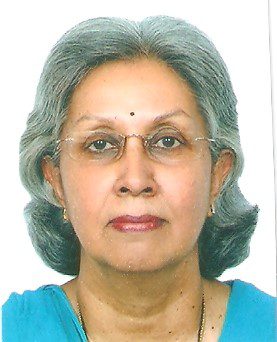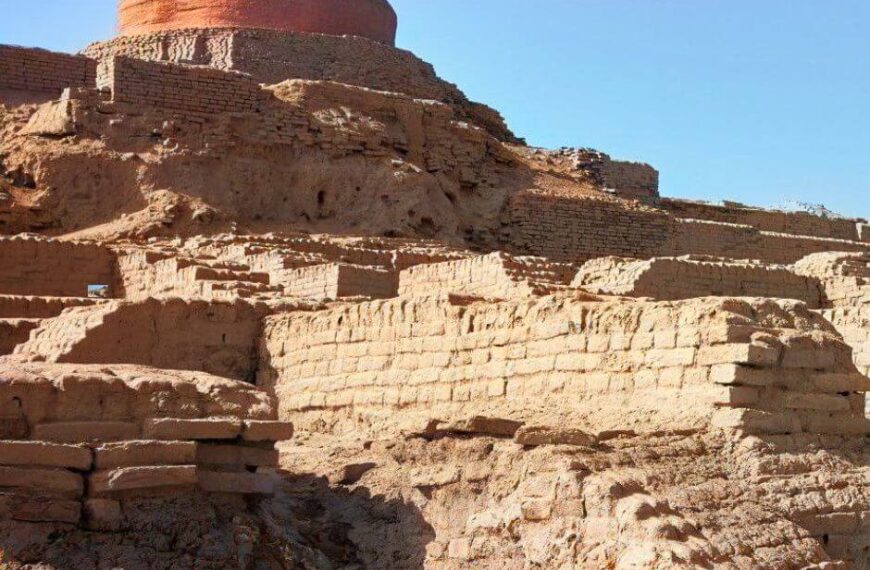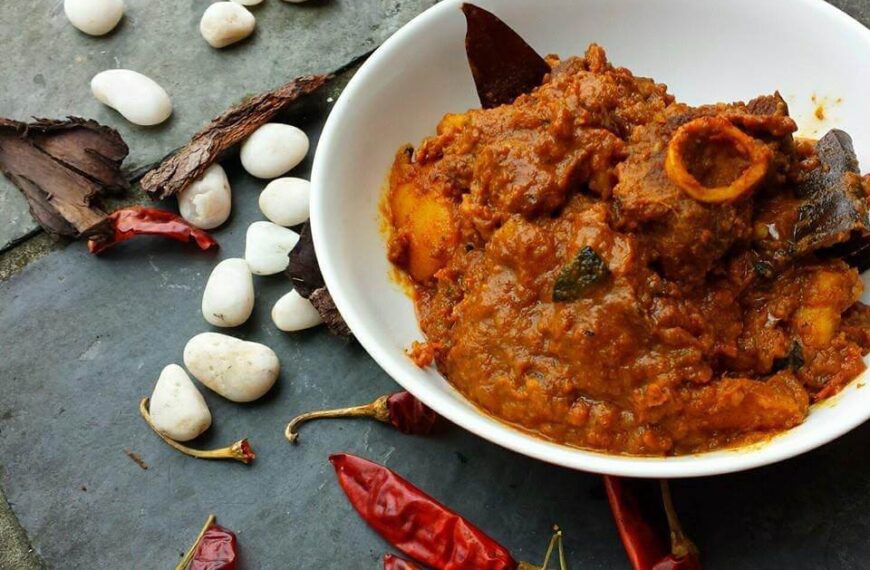“Here is a mantra. A short one that I give you, you may imprint it in your hearts and let every breath of yours give expression to it. The mantra is Do or Die. We shall free India or die in the attempt. We shall not live to see the perpetuation of slavery,” thundered Mahatma Gandhi in 1942. In the 69th year of our independence, and 147th year of his birth, here is a look at how Indira Gandhi, who grew up in Mahatma Gandhi’s protective shadow saw him and what he thought of her. A Different Truths special feature on the birth anniversary of our Father of the Nation, by Sreelata Menon.
“As a very small child, I regarded him not as a great leader but more as an elder of the family to whom I went with difficulties and problems, which he treated with grave seriousness which was due, to the large-eyed and solemn child that I was.” 1 Says Indira Gandhi of the person who is known to the world as a ‘Mahatma.’
If India is a free nation today, it is solely due to the tireless efforts of a man who had the knack of being able to win friends, influence minds and sway the masses. As he guided his country towards nationhood and independence, his ideas and thoughts impacted every man, woman, and child around him. Among them were, as is well known, the Nehrus of Allahabad. Together they formed the backbone of the Independence Movement. To Jawaharlal Nehru, Gandhiji was not only his teacher and mentor but also a father figure. It was, therefore, but natural for Indira to consider him as part of her family.
She was only two years old when he first came to Anand Bhavan and not quite five when she went visiting him in Sabarmati Ashram. So apart from her grandfather – Motilal Nehru – and parents, the one other person who appears to have influenced her life hugely was indeed her ‘Bapu’. Growing up in the shadow of the Independence Movement every aspect of Indira’s life was dominated by what the freedom movement dictated. In other words, Gandhiji’s every decision impacted her as much as it did her family and the country. Even her schooling. And he always like her father kept in touch through letters.
Imprisoned at Yerawada jail and on a fast, Gandhiji often had a visitor. Indira who was at school there in Poona and who was “amazed at his patience, his interest in and awareness of the minutest details and the real pain he felt at any wrong doing”. 2 And as his health deteriorated as it often did in jail, this time on the issue of separate electorates for Harijans, which he was against, Indira wrote to her father “I stayed the whole day with Bapu ….the old man was getting weaker and weaker” while waiting for the government to yield and when it did, “Padmaja, Mummy and I rushed to the market and got the best oranges and other fruit that we could get….It was already nearly five o’clock and Bapu does not eat anything after six…..So I immediately prepared the juice of two oranges for him. Then Dr. Tagore sang a Bengali hymn and the Ashram people sang Bapu’s favorite bhajan ‘Vaishnava Jan’. Bapu drank the juice and everybody was given fruit and sweets as prasad. Then we all went home happy after an anxious day.” 3
At every stage in Indira’s life, Gandhiji we find has lent her a guiding hand. “Chiranjeevi Indu… he wrote on her mother’s death Kamala passing away has added to your responsibilities but I have no misgivings about you. You have grown sufficiently wise to understand your dharma completely. Kamala possessed qualities rarely found in other women. I am hoping that all these qualities of Kamala will be manifest in you in equal measure. May God give a long life and strength to emulate her virtues.” 4
And when Indira decided to marry Feroze Gandhi and all hell broke loose. It was again Gandhiji who came to the rescue. The entire nation was against it including Gandhiji himself. Hoping he might be able to dissuade her, her father sent her to him in Sevagram. Gandhiji tried his utmost to discourage her. Though he managed to persuade Feroze not to go ahead without her family’s formal consent, Indira couldn’t be persuaded and was frankly very resentful of Gandhiji’s views especially on celibacy.
Gandhiji peppered a wary Indira with questions regarding the nature of her relationship with Feroze and even suggested that they get married but live a celibate life. She says, “Gandhiji had some peculiar views like asking newly married couples to be celibate. I told him, you can ask a couple not to get married –that makes sense to me. But when they are just married to ask them to live a life of celibacy, makes no sense. It can result only in bitterness and unhappiness.” 5 And when he realized she was adamant and wanted a quiet wedding, told her “that if it is a quiet wedding, people will say that the family did not want it because you are marrying out of your religion. So, while there need not be pomp as such, there must be a party and you must invite people.” 6 And thus it was. He also issued a public statement in support to quell the opposition.
Calling on him at Aga Khan’s Palace after his release from another stint in jail, soon after Kasturba Gandhi had passed away, a pregnant Indira found him “… sitting, spinning and gave me a big grin and the usual whack-only much milder. He was looking pale weak and tired.” 7 She was most concerned and attempted to cheer him up by regaling him with whatever was happening in her life which from all accounts was what he loved to hear.
Then in 1947 – during the partition – as Gandhiji watched in sorrow at what was happening around him he sent for Indira who was doing great work among the riot-hit. He asked her to go into the Muslim refugee camps of Delhi and help them. “I am not too well,” she said. “But if you want me to go I will. But who will go with me?” To which he responded “I have asked many others and though they have said yes, they are still hesitating. But you have to go and find whatever help you can.” An unwell Indira went. It was wrought with danger and she knew it, but Indira reveled in such situations. She managed to bring about some calm immediately and soon restored harmony between the two communities. “Now I know your education and your years abroad have not been wasted,” 8 he told her when she reported back to him.
It is not that Indira was always supportive of Gandhiji’s ideas. She was known to argue forcefully with him which caused her father on more than one occasion to reprimand her for being disrespectful. But, despite all that, he was someone with whom she could share her ideas, her happiness, and sorrow. Someone, who listened to her and advised her patiently and impartially. “Each person’s understanding of Gandhiji is a measure of his own change and growth. Whilst he was alive many of my age group found it difficult to understand him. Some of us were impatient with what we considered to be his fads and we found some of his formulations obscure. We took his mahatmahood for granted, but quarreled with him for bringing mysticism into politics.” 9
Ultimately what impressed her was not just his patience and tolerance but his amazing understanding of what the Indian people wanted, their emotions, their hopes. Some of which she herself appears to have absorbed and used to great effect in later life. His influence and hold over her family were so complete that Indira herself was a part of all the ‘andolans’ he started and saw through right to the end. A social reformer, a visionary upholding the rights of women and untouchables and a savior of all communities Gandhiji she once remarked “…It was as if with his frail two hands, he lifted up a people.”
“Hello, have all these princesses come to see me?” Asked, Gandhiji when Indira her aunt and cousins called on him a day before he was so shockingly assassinated. Relaxed and jovial, he bantered with them for a while and then sent them on their way saying “You girls all of you vanish now, otherwise people waiting outside will curse you.”
“Little did we guess,” a distraught Indira was to say later “that we would never see his wide toothless smile again nor feel the glow of his protection.” 10
References
1 p18, Zareer Masani, Indira Gandhi -A biography.
2 p 49.Pupul Jayakar, Indira Gandhi
3 p 50, Pupul Jayakar, Indira Gandhi
4 p 83 Pupul Jayakar, Indira Gandhi
5 p173, Katherine Frank, The Life of Indira Gandhi
6 p173, Katherine Frank, The Life of Indira Gandhi
7 p190, Katherine Frank, The life of Indira Gandhi
8 p 80, Zareer Masani, Indira Gandhi- A Biography
9 p 82, Zareer Masani, Indira Gandhi-A Biography
10 p 80, Zareer Masani, Indira Gandhi –A biography
©Sreelata Menon
Pix from Net.







 By
By

 By
By